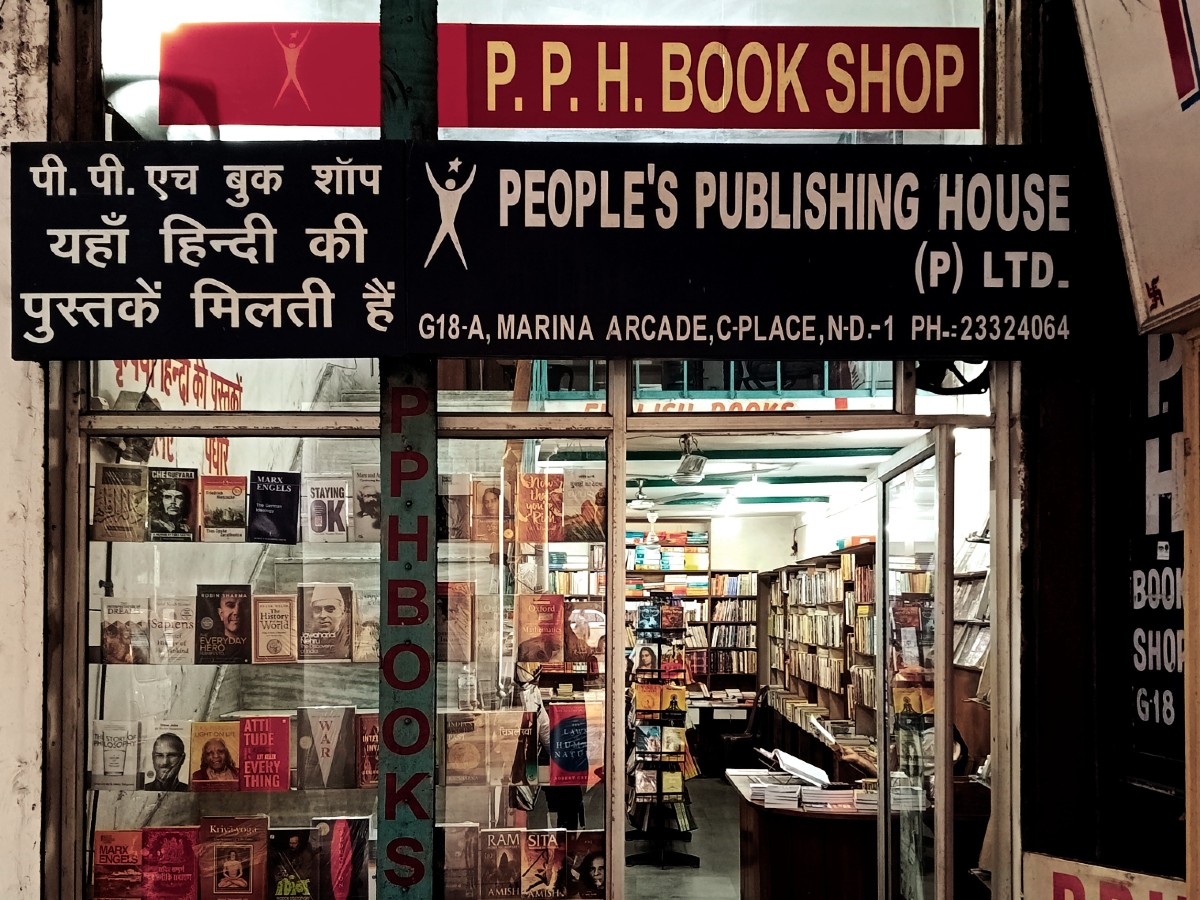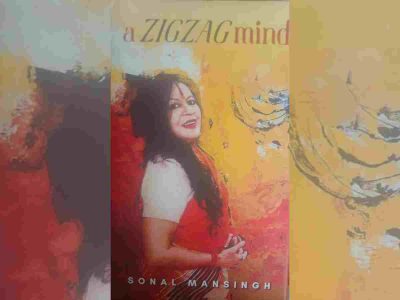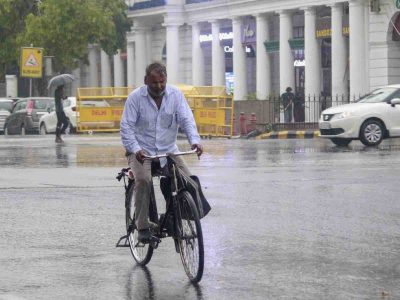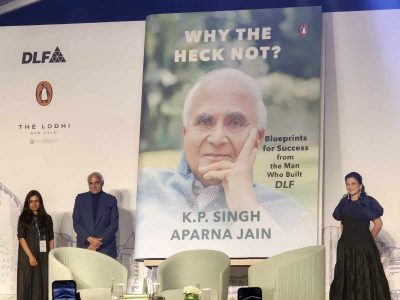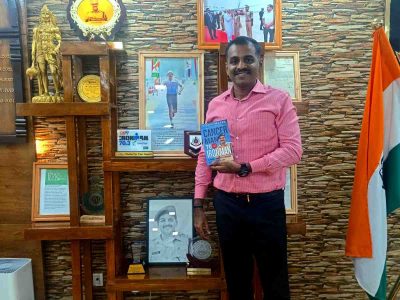“People’s Publishing House? Never heard of it before!” would be the answer if you ask for its location from anyone hopping from one showroom to the outlet of another brand in Delhi’s Connaught Place. The 75-year-old store stands in the not-so-crowded Marina Arcade of the G Block, away from people’s eyes.
“Known for being the sole publisher and distributor of the translated Russian literature in the Soviet era, the People’s Publishing House– known as PPH, with books in Hindi, Urdu, Punjabi and multiple regional languages became a household name. The existence of several Soviet magazines, novels, short stories and old Russian folk tales in people’s personal collections and them being a matter of dinner table discussions in India should solely be credited to the PPH,” said Govind Verma who was previously teaching at the Non-Collegiate Women’s Education Board (NCWEB), University of Delhi.
Vikram Raj, a Delhi-based freelance journalist, who has been a regular visitor to the store since his school days, told Patriot that PPH is trying hard to keep up with the changing times.
Also read: Finding their calling in art
“A place, which has historically been known for socialist literature, books on theory and other works from the Soviet era, now has a collection of self-help and motivational books as well. Despite all these additions, the PPH retains the old aesthetics despite the collapse of the Soviet Union 31 years ago and still exists as a reader’s paradise,” he added.
Walking on a long road
Under a hand-painted portrait of the communist leader and founder of USSR – Vladimir Ilyich Ulyanov ‘Lenin’ sits the 66-year-old Rishav Kumar, the in-charge of sales in PPH, who has been working here since the past 48 years.
“I came here in 1974, a year before the declaration of emergency. I was 18 then. Since then, my journey has run parallel to that of the People’s Publishing House,” he said while staring at the empty corridors of the bookstore.
“There was a time when these corridors were flooded with people belonging to different age groups. From professors, students, researchers, writers, poets, journalists, working professionals, activists, politicians and even senior citizens, PPH was a hub for everyone as it always had something of their choice. Even I joined the People’s Publishing House at the age of 18, right after I was done with my matriculation. Since then, the PPH has served as a second home,” continued Rishav as went down the memory lane.
“I completed my senior secondary and even my graduation while working at the PPH and then decided to devote the rest of my life to the people who read.”
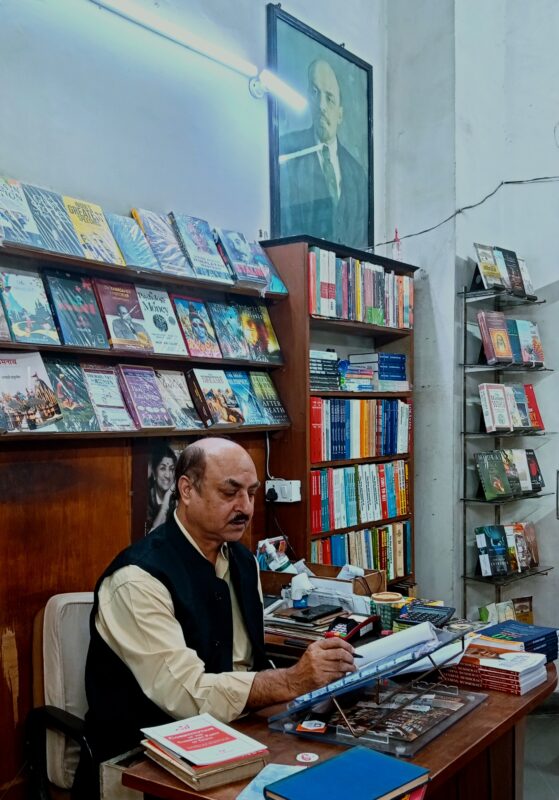
“I must say that those were the golden days of my life. Meeting a lot of people, having discussions on several topics, from science to politics, arts to literature and being an audience to several poetic symposiums inside the bookstore. PPH has shaped my personality,” Rishav continued to speak with a smile and a spark in his eyes as he relived the lost times.
Soviet and the post-Soviet experience
The 1970s, 80s and the early 90s were the days worth remembering.
“We were the sole publishers of Soviet literature, and PPH in itself had its own name. It was a brand of its own. For me, PPH was an identity,” explained Rishav while greeting the first visitor of the afternoon.
“It was an honour to be known for being associated with the People’s Publishing House. There were four, five and even seven hundred visitors a day, and it was almost impossible that PPH was closed at the mentioned closing time. We used to start switching off the lights one by one, around half an hour before the closing time, but people’s last five minutes in the store never came to an end,” smiled Rishav as the visitor left empty-handed, after a small round of the bookstore.
“Everything was going well and fine, but then the news of the Soviet Union’s collapse arrived. This news marked an end to the arrival of books from Russia. It somehow went well until 1995, but then started the downfall. We had a lot of books in stock and we sold the same until the early 2000s and then we started publishing books on our own. You might not find a lot but plenty of them (Soviet-era books) are still scattered in different corners of the bookstore,” he added.
“We were slowly getting back on our own feet but then came the digital era and the humans started walking out of bookstores. People started reading on their computers and phones and the demand for books in print fell at a devastating rate. Many of the bookstores of the old times were closed and their place was overtaken by a brand or a corporate, while PPH struggles and works on a no-profit and minimum-loss basis,” concluded Rishav as the clock struck five in the evening.
Memories are all that survive
“I don’t think PPH might survive in the long run due to the speed at which printing is becoming costlier and unaffordable. Books are turning into a luxury. Keeping in mind the big shift in reading traditions, PPH with its progressive literature and books might cease to exist in the near future,” he said with a sigh.
“I remember sitting with [actor] Annu Kapoor in the very same PPH where I am, during his days in the National School of Drama. I remember all those cups of tea and pakoras we shared. I remember the beautiful face of [poet] Kaifi Azmi who used to hand me a Rs 50 note with a smile whenever he visited the store. I remember the visits of Ali Sardar Jafri and all the socialist stalwarts of Indian cinema and literature. Some of the memories are very clear while others are slightly blurred. But I have memories and I believe that the People’s Publishing House would always remain in public memory,” he concluded while staring at the clock which approached the time to close.
Follow us on:
Instagram: instagram.com/thepatriot_in/
Twitter: twitter.com/Patriot_Delhi
Facebook: facebook.com/Thepatriotnewsindia

